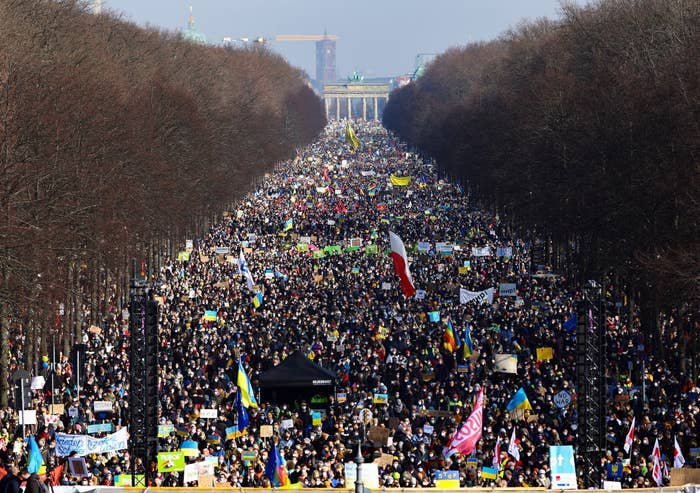
Thousands of people on Sunday marched in support of Ukraine in European cities including Berlin, Madrid, Amsterdam, and Stockholm as the country continued to battle the Russian invasion.
In Berlin alone, the crowd topped 100,000, with many people wearing the blue and yellow of the Ukrainian flag. Organizers had expected only around 20,000 to show, the New York Times reported.
Away from the protests, volunteers at Berlin's main train station waited with information leaflets for people arriving from Ukraine via Poland. The UN's refugee agency on Sunday said at least 368,000 Ukrainian refugees have fled to other countries, a number that's expected to continue growing.
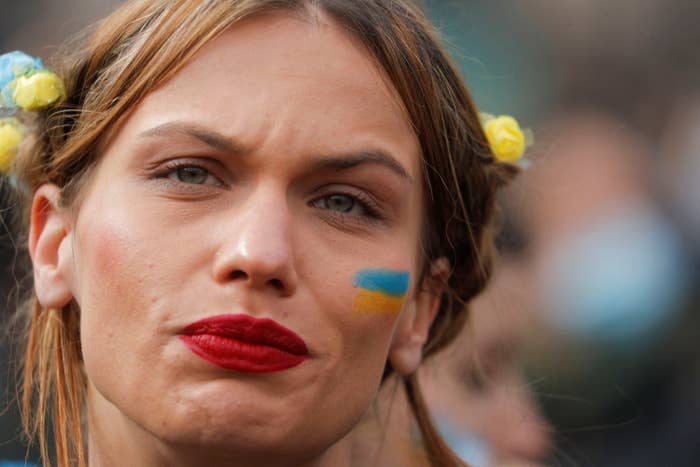
In Madrid, hundreds of protestors demonstrated in the city center against Russia, holding signs calling for peace and an end to Russian President Vladimir Putin.
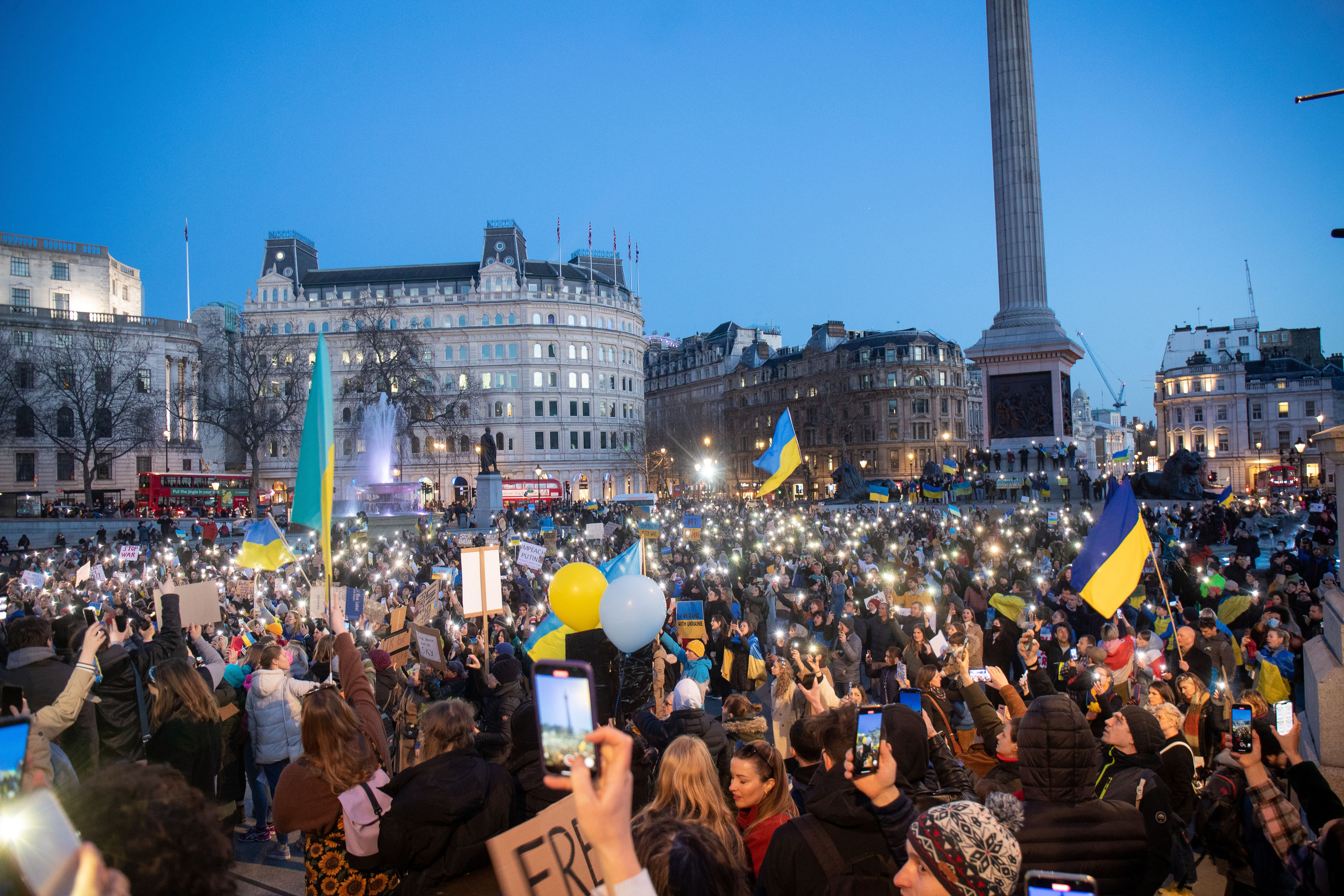
Protesters also gathered in cities including Prague, Krakow, and London. They were joined by anti-war protesters in cities across Russia, where Reuters reported that one monitoring group counted more than 2,000 people who had been detained.
What has so far been the most widespread show of solidarity with Ukraine came the same day the European Union announced it would provide weapons to Ukraine and ban Russian planes from European airspace.
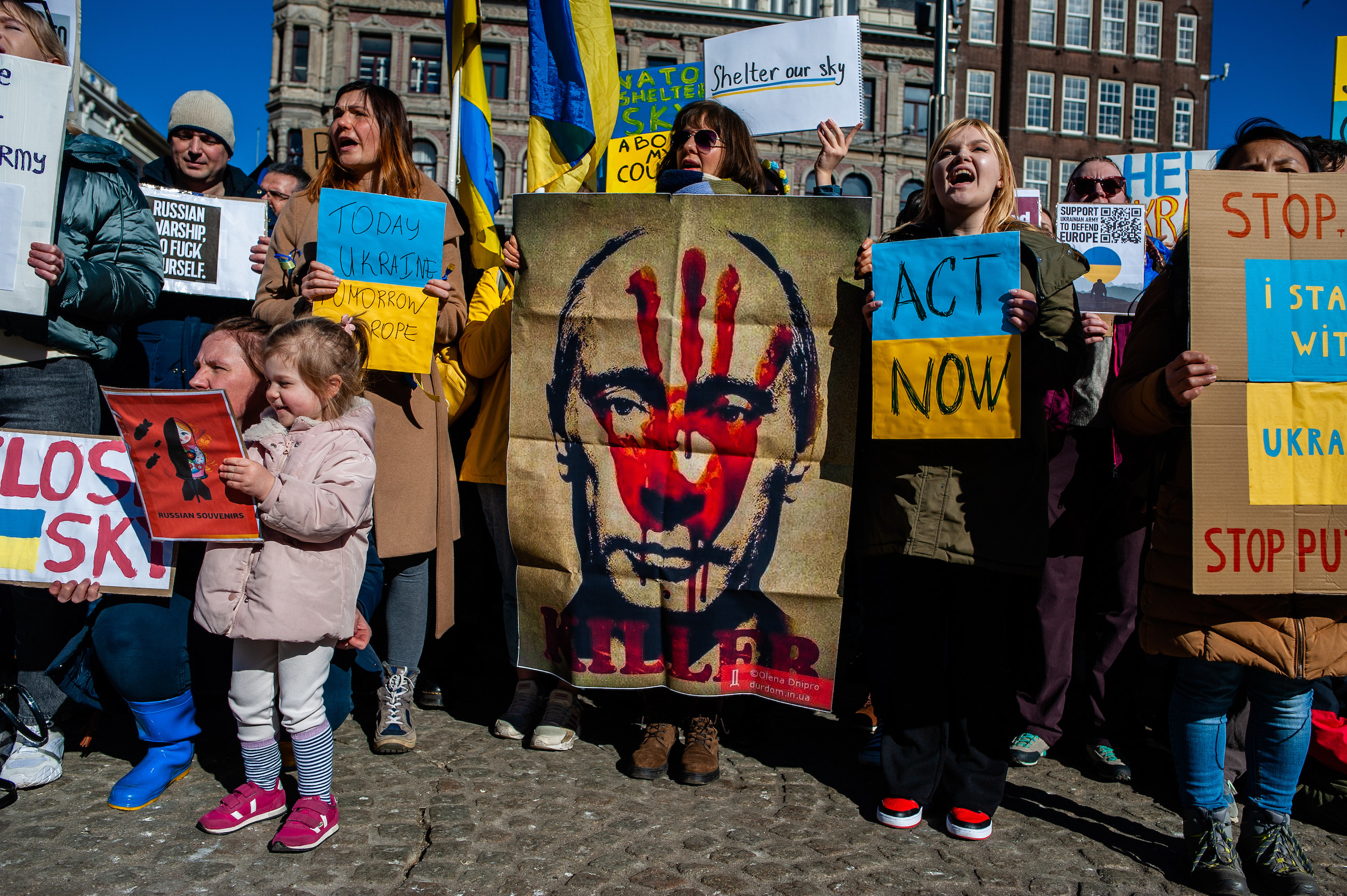
Ursula von der Leyen, president of the European Commission, announced the sanctions against Russia on Sunday, calling it a historic turning point.
"For the first time ever, the European Union will finance the purchase and delivery of weapons and other equipment to a country that's under attack," she said. "This is a watershed moment."
EU foreign policy chief Josep Borrell told reporters that the EU would be providing 450 million euros' (or $502 million) worth of lethal arms and lethal assistance to the Ukrainian army, as well as 50 million euros, or $56 million, for nonlethal supplies.
Von der Leyen said the total closure of EU airspace to Russia would apply to any plane, unchartered or chartered. This includes the private jets of oligarchs, she said.
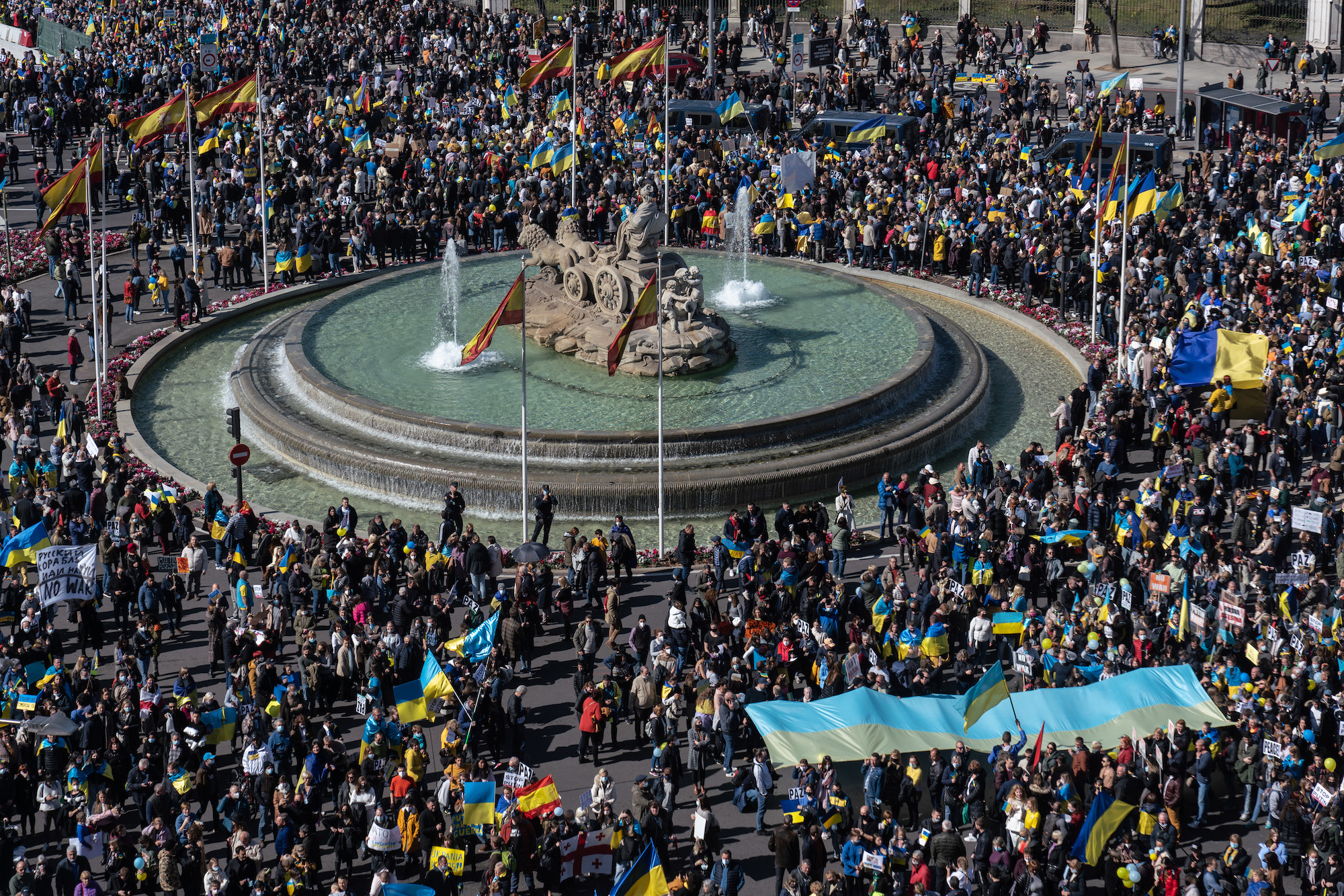
The EU is also blocking RT and Sputnik, Russian state-owned news agencies, from its airwaves. The ban applies to both outlets' subsidiaries in an effort to stop the spread of misinformation used to justify Putin's war and sow division in the EU, von der Leyen said.
In response to the ban, Sputnik issued a statement telling the EU to ban the internet altogether.
"We advise the European Union to not stop at half measures and just ban the Internet outright," Sputnik said.
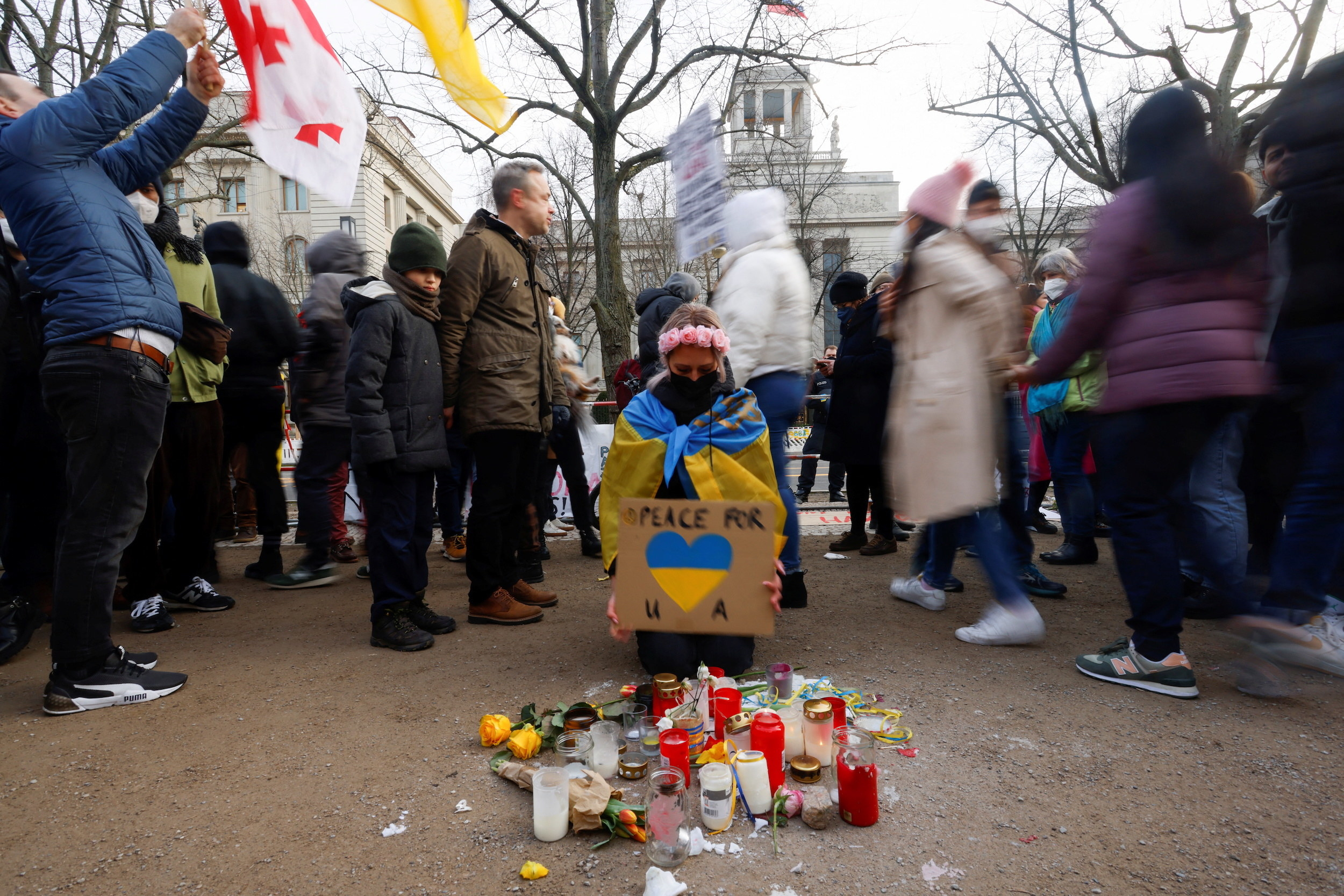
Von der Leyen also announced that the EU would be sanctioning Belarus, describing the country as complicit in Russia's invasion of Ukraine. Ukrainian officials on Sunday said missiles that struck an airport in the country's north had been launched from Belarus. The sanctions will target the export of important materials such as mineral fuels, tobacco, and steel. The EU is also extending the same export restrictions it had already placed on Russia to Belarus on dual-use goods.
"This will also avoid any risk of circumvention of our efforts against Russia, and in addition, we will sanction those Belarusians helping the Russian war effort," von der Leyen said.
These measures come on top of other previously announced sanctions against Russian banks to help stop the financing of Russia's invasion.
